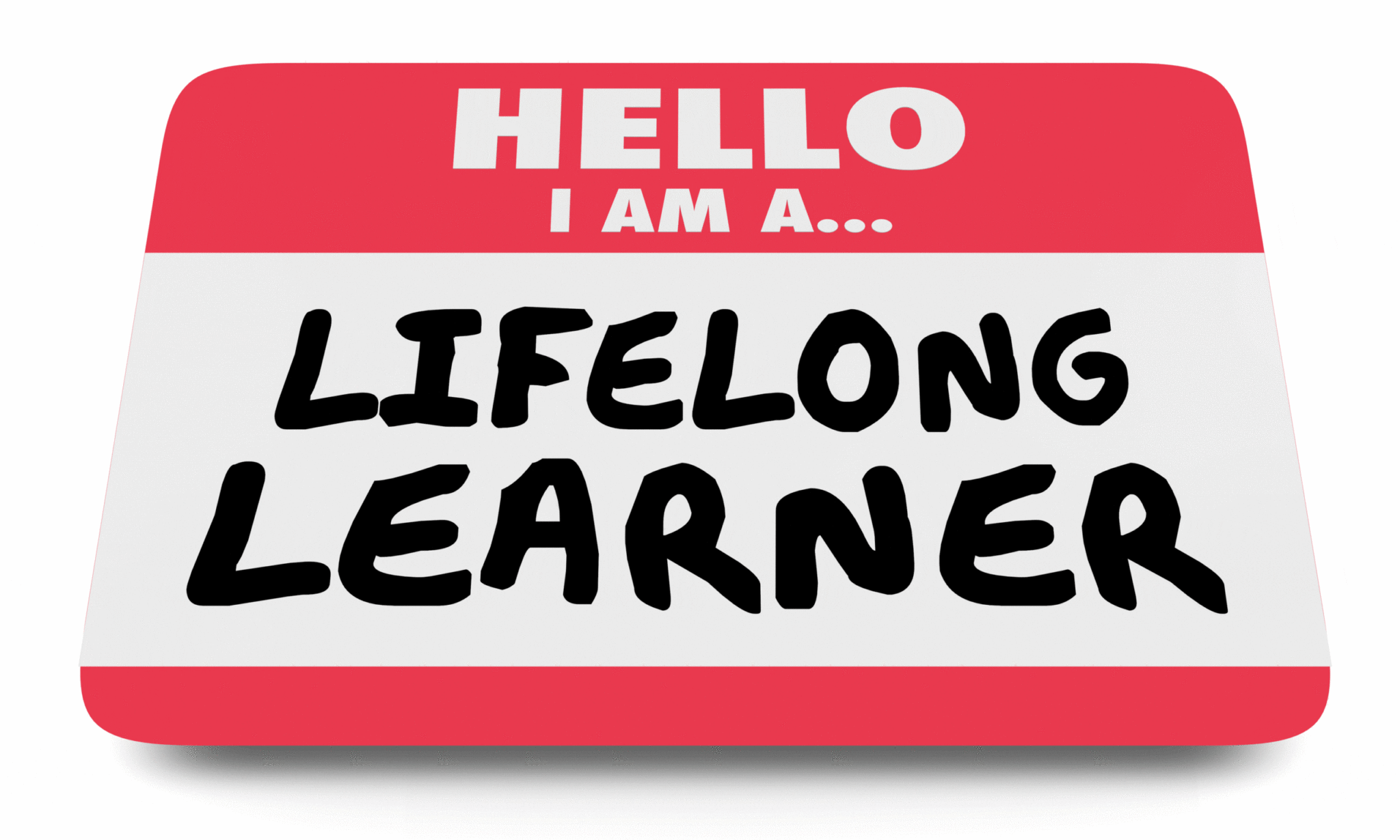
Lifelong learning essential in today’s workforce
The one certainty about the world of work is that it’s constantly changing.
From the first industrial revolution when water and steam mechanized production, we’re now in the fourth industrial revolution – a fusion of technological advances that are rapidly changing the labor landscape. We’re also in the midst of reeling economics and a labor shortage.
What does this constant change mean for workers? No matter your profession, learning needs to be woven into your career path. In fact, lifelong learning can improve your career prospects, particularly now as employers face a skills gap and yearn for job candidates willing to adapt to changing needs and goals.

As Marc Zao-Sanders wrote in the Harvard Business Review: “Job candidates and employees who consider, update and improve their skills are the high performers, especially over the longer term.”
For many of us, our work requires frequently learning new systems and technologies. Lifelong learning is about continual professional and personal development that includes polishing essential skills like time management, communication, critical thinking, problem-solving and customer service.
Luckily, there are endless ways to be a lifelong learner.
It can be as simple as listening to podcasts over your lunch hour, carving out time several mornings a week to read an article or hosting a professional development book club.
You could also follow blogs or social media accounts – particularly through LinkedIn – owned by professionals you admire or professional organizations. You’ll get alerted to resources and trainings while staying current on trends in your industry.
In fact, last month LinkedIn launched a new digital representation of the global economy. Part of this information, the ‘Future of Skills’ interactive tool, allows you to track trending skills by job role. Digging into LinkedIn’s data lets you see how jobs are changing and what skills you may need to stay competitive. You can check it out at linkedin.github.io/future-of-skills.
Lifelong learning can also mean taking advantage of work-sponsored trainings – online or in person. These workshops, meetings, webinars or conferences are often free and present employees with options to learn skills considered vital by their employer.
You can always find professional development outside of your job, too, and sometimes your employer will pay for it. Check professional organizations and continuing studies units at colleges and universities (such as UW–Madison Continuing Studies).
Bachelor’s and advanced degrees are additional lifelong learning possibilities, but not always necessary. In some cases, getting a degree, a certificate or a credential will bolster your career, but find out whether they are needed for what you want to do.
All this boils down to cultivating one of the most desirable traits in a constantly shifting workforce: a growth mindset. This is the idea that your abilities aren’t set in stone, and you can always learn more to improve your skills and advance your knowledge. Incremental skill-building is a great way to learn and create a regular habit of educating yourself. That’s good for your career, your confidence and your quality of life.
The Lifelong Learner is a monthly feature written by UW–Madison’s Continuing Studies staff. Career and education counselor April McHugh can be reached at april.mchugh@wisc.edu. This article first appeared in the Wisconsin State Journal on April 11, 2022.
Published on Apr 11 2022
Last Updated on Apr 09 2024
Categories: Adult Career and Special Student Services, Lifelong Learner



